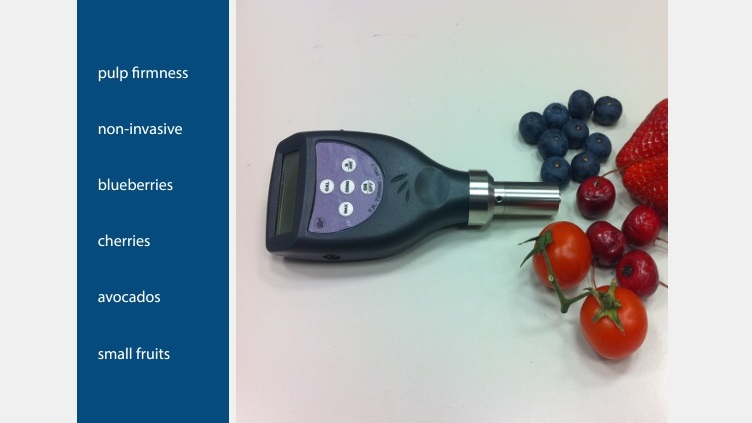Measurements
Advantages of assessing blueberry, cherry, and tomato quality with TR TURONI durometers
Measuring the firmness of fruit flesh is one of the most important parameters to determine the shelf-life of a product. This parameter is usually measured with a penetrometer, which is very easy to use as it measures the strength necessary to penetrate the flesh of a fruit. "But there are products that are not suitable for measuring with penetrometers. This is why other tools, called durometers, have been developed to determine flesh firmness/elasticity and which have been used in the industrial sector for some time to measure the hardness of rubber," reports Enrico Turoni from TR Turoni.
29 March, 2022
Measuring the firmness of fruit flesh is one of the most important parameters to determine the shelf-life of a product. This parameter is usually measured with a penetrometer, which is very easy to use as it measures the strength necessary to penetrate the flesh of a fruit. "But there are products that are not suitable for measuring with penetrometers. This is why other tools, called durometers, have been developed to determine flesh firmness/elasticity and which have been used in the industrial sector for some time to measure the hardness of rubber," reports Enrico Turoni from TR TURONI. TR Turoni has recently widened its offer of this type of tools, adding to the model used for cherries and tomatoes another model specific for small fruits and particularly suitable for blueberries. "The tool allows a quick, precise and non-invasive assessment of the firmness of some kinds of fruits. It is very important to monitor the ripening index, as it has direct repercussions on on shelf-life." The main characteristic of this type of tools is the fact that they do not destroy the fruit they are measuring, unlike penetrometers.









